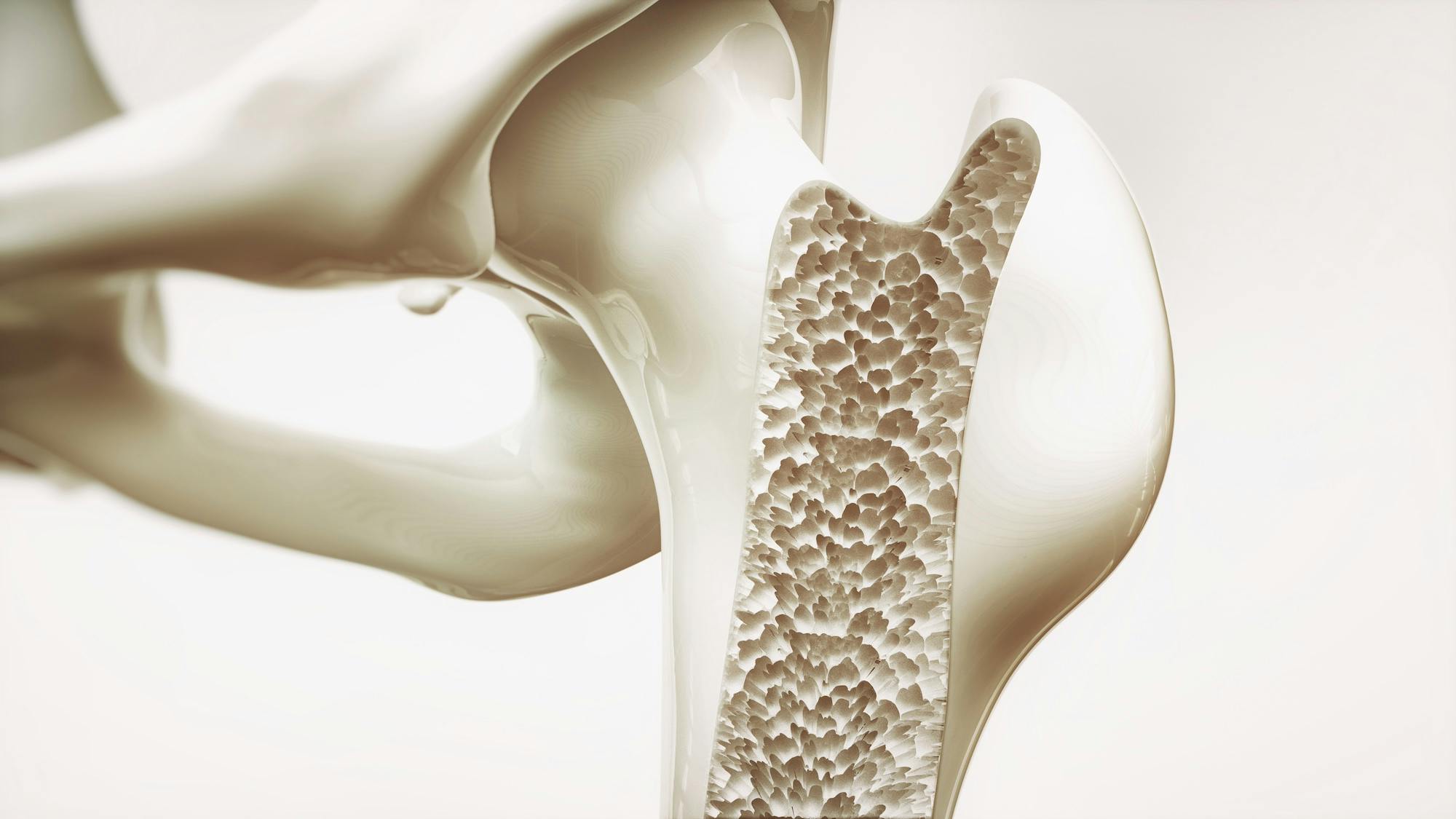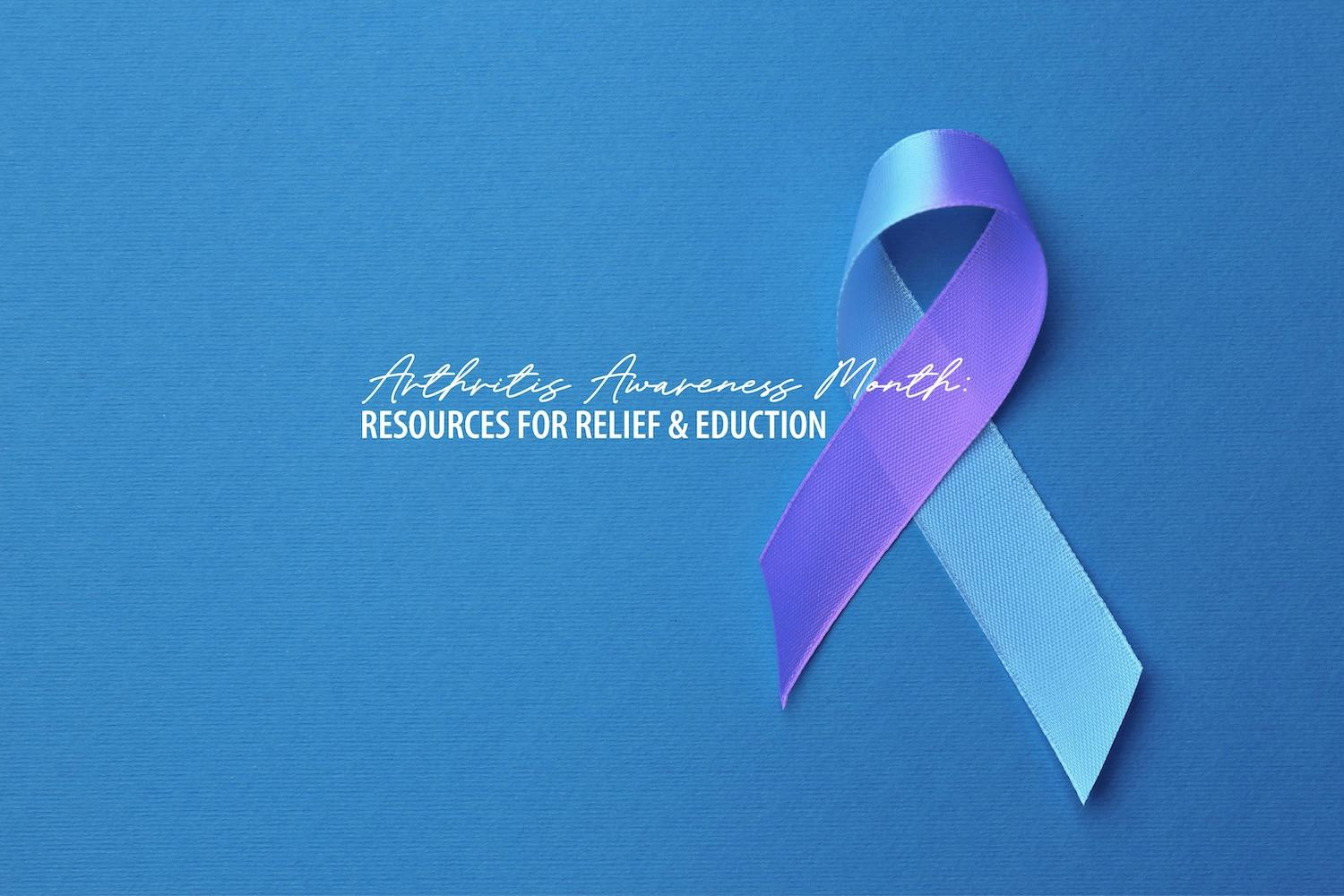- Blog
Osteoporosis Management
Posted on 01-02-2026 in Osteoporosis, Bone Health & Healthy Aging by Dr. Ryan Riggs

Posted on 01-02-2026 in Osteoporosis, Bone Health & Healthy Aging by Dr. Ryan Riggs
We see our share of broken bones as an orthopaedic and sports medicine practice. From the high school baseball player who collided with first base a little too hard to the avid DIY’er who took a tumble from an unsecured ladder and everything in between, we’ve seen it all. As we age, we also gradually lose bone mass, which occurs as small amounts of healthy bone are absorbed into your body as small amounts are replaced. When more bone is absorbed than is replaced, the density (bone mass) is reduced. Osteoporosis develops when the bone is no longer replaced as quickly as it is removed, and over time, it causes the bone to become progressively weaker, increasing the risk that it may break.
Who Is At Risk?
Although Osteoporosis is more prevalent in women, especially non-Hispanic and Asian females, both older men and women from all backgrounds are at risk for the disease. According to the Bone Health & Osteoporosis Foundation, risk factors include those who have certain types of autoimmune, hematological, gastrointestinal, endocrinal and neurological disorders, as well as various other diseases and conditions.
Additionally, some medicines taken for other conditions may contribute to bone loss, which can increase exponentially with higher doses over more extended periods. Pregnancy, as well as a history of breast or prostate cancer, may also put you at higher risk. Other factors contributing to Osteoporosis include:
How We Can Help
As a chronic “silent” disease, the rates of progression and the effects can differ based on various factors, and patients often go undiagnosed with Osteoporosis until they experience a fracture. At North Florida Bone & Joint Specialists, we provide individualized treatment plans designed to proactively address bone loss, manage recovery of existing fractures and reduce the risk of future injury.
Fellowship-trained Sports Medicine Physician Dr. Ryan Riggs specializes in evaluating, diagnosing and treating patients with bone health issues, including Osteoporosis, through proper screenings, therapies and education. Dr. Riggs takes a comprehensive approach to each patient, evaluating for possible underlying or undiagnosed health conditions affecting bone health and prescribes a treatment regimen that fits each patient. Several treatment options are available to prevent or slow further bone loss and to help maintain or increase bone density. Through proper diagnosis and treatment of Osteoporosis, many fractures can be avoided altogether. Learn more about Dr. Riggs or book your consultation today using our online appointment request form.
Additional Blog Resources:
https://www.northflboneandjoint.com/posts/healthy-aging-and-bone-health
https://www.northflboneandjoint.com/posts/strong-bones-and-aging

May is Arthritis Awareness Month, an opportunity to increase public understanding of arthritis and its impact on millions of lives. Established by the Arthritis Foundation, this national observance highlights the importance of early diagnosis, effective treatment, and ongoing research to improve the quality of life for those with arthritis.

With summer in full swing and children taking advantage of more time to participate in sports-related or other outdoor activities, it’s essential to be mindful of injury prevention while encouraging their interest in activities that don’t involve screen time!

May is National Arthritis Awareness Month, and of the more than 100 forms of this painful condition, many can affect the ankle. In fact, almost half of people in their 60s and 70s have arthritis of the foot and/or ankle, but not all of them have symptoms.